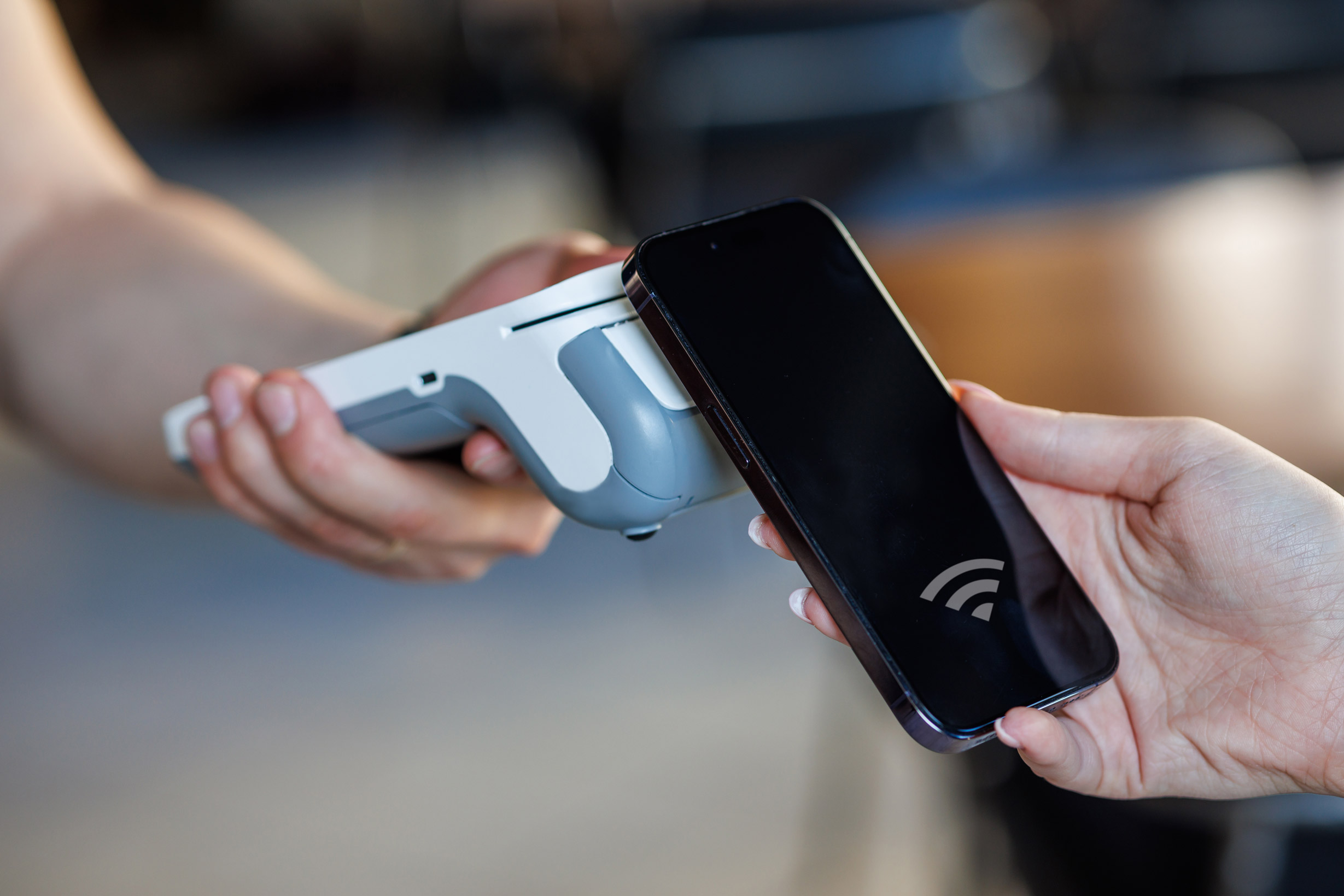The team had a phenomenal day earlier this week at The Brewery in London for the Travolution European Summit, representing ICS-digital and ICS-translate.
After everything that has happened to travel and tourism during the pandemic, the purpose of the summit was to bring areas of the travel industry together to share ideas around how both B2C and B2B companies within the sector can innovate, adapt, bounce back, and accelerate their growth now that we are coming out of the worst of the pandemic (we hope).
The summit was attended by an eclectic mix of Online Travel Agencies (OTAs), tour operators, airlines, hotel groups, hospitality brands, B2B technology and platform providers, payment and payment solutions firms, and more.
Given the unique timing of the event (May 4th), it seemed fitting that the theme of the event was how to put travel businesses into ‘hyperdrive’.
The event was organised by our friends at Travolution and Jacobs Media Group and as ever, Executive Editor, Lee Hayhurst, was an excellent MC and he kept audiences engaged and made sure proceedings ran smoothly – Kasia, Matteo and I were thoroughly captivated throughout.
Back at ICS HQ, we have been reflecting on some of the key themes from the talks of the day, which were all about how travel brands can supercharge their growth and as Tony Wheble, CEO of Feefo, stated, the major take aways were around ‘flexibility, tech and pace’.
The Return of OTAs
Obviously, the pandemic had an enormous impact on all areas of the travel industry, and whilst some just weathered the storm, others thrived, and for some, the damage was unfortunately too much. At Travolution, we saw that many of the executive interviews focused on OTAs and their responses during and after the pandemic.
Many OTAs innovated heavily during the pandemic, despite the fact that research showed that OTAs had to take the biggest hit in terms of public perception and refunds, as opposed to airlines or hotels – and a common sentiment was that this was unfair.
However, as we heard, brands like LoveHolidays, Travel Republic and On The Beach made efforts to adapt and ensure they successfully came out of the pandemic in a position where they could build back to previous levels of bookings and revenue, at pace.
As a digital marketing agency, it was interesting for us to see how areas such as design, customer experience, content strategy, UX, and PR have been instrumental in rebuilding trust with new and existing customers.
Payment Security Works Both Ways
Of course, payment security for customers has been an undeniable outcome of the pandemic, with brands having to refund millions of pounds, sometimes overnight, as a result of cancelled flights.
Now that a precedent has been set, this will of course, continue and customers will continue to seek transparency and flexibility in terms of payment processes, refunds, and the currencies/platforms they can use to make payments.
Will Plummer, CEO of Trust My Group, who has previously been featured in this blog, led this session, and posed important questions around how this ‘revolution’ has also had an impact on firms and brands as to how they are protected when processing these payments, as they also have to make sure their businesses are safe.
Jay Abbott, Vice President of Travel and Mobility, Digital Payments, at Nuvei kept making the point about how travel brands and payment companies working in travel must follow the traveller and have a ‘traveller-centric’ approach to their payment processes.
This ties into my point in the previous section around rebuilding trust, and from a content and marketing perspective, trust and transparency has come to the forefront of brand and marketing strategies for a lot of travel companies.
Content Is Key (Now More Than Ever) to Engage with Travellers and Win Trust
It’s no secret that content strategy is absolutely vital for any brand across all marketing channels whether it’s SEO, paid ads, social media, or PR.
However, a panel consisting of Jo McCrostie, Creative Director at Global Radio, Chris Roe, Director of Sound Travel, Manuel Hilty, Chief Exec at Nezasa, and James Clarke, UK General Manager at Travelzoo, discussed the power of sound and music in brand and marketing for travel.
This was explored as a way to develop brand identities and strategies in travel, targeting the power of memory when it comes to sound and how a sound or song can almost instantaneously take you back to a certain holiday memory. I think we all know which song we associate with Jet2…
Whilst the commissioning of one’s own bespoke brand theme tune would be incredible from a marketing perspective, it was also interesting to see how many brands are also now combining travel and tourism with local musical and theatrical performances, and marketing bespoke entertainment offerings to hit gaps in a congested market.
Darren Khan, Founder & CEO of Travlrr, gave a highly visual portrayal of the importance of video in B2B and B2C marketing. He stressed that there is a lot of ‘vanilla content’ around these days. Whether it’s video for TV, social, or on-site purposes, it has to stand out and it has to appeal to the target demographic of the particular product you are trying to sell, and it has to engage and invoke emotion.
We later heard from Keith Herman, CEO at Trending Travel who gave insights into how they had evolved their influencer marketing strategy to be a fully-fledged brand identity, and a genuinely direct source of bookings, through flexible and innovative tech.
Subscription Models
Finally, I found it interesting to hear about the ‘netflixisation’ of travel, and how subscription models are becoming an increasingly considered alternative for some travel brands, as opposed to the typical payment models.
Stuart Cotterell, COO at Traveltek, made the valid point that subscriptions are a huge part of our personal lives now, and there is a potential opportunity for travel brands to build this into their own strategy.
The subscription model has proven a success from a branding perspective in other sectors, allowing brands to become closer with their audiences and adapt their marketing and content strategies – and of course their products – to better suit the needs of the consumer.
There was a lot of talk about the threat of disruption from tech giants such as Uber, Deliveroo, Amazon, Revolut, Starling and social media platforms who could potentially take advantage of this opportunity in travel and offer it quite easily, using their existing tech.
Summary
For us as a digital marketing, SEO, content, digital PR, and translations agency, it was insightful and useful to learn about trends in travel and travel tech, new approaches to content, PR and advertising in general, and the needs of travel brands as they try to supercharge growth after the pandemic.
Of course, it was fantastic to also be able to introduce what we do to so many lovely people.
Read more here to find out about how ICS supports travel brands with international growth at scale.
Similar Posts











